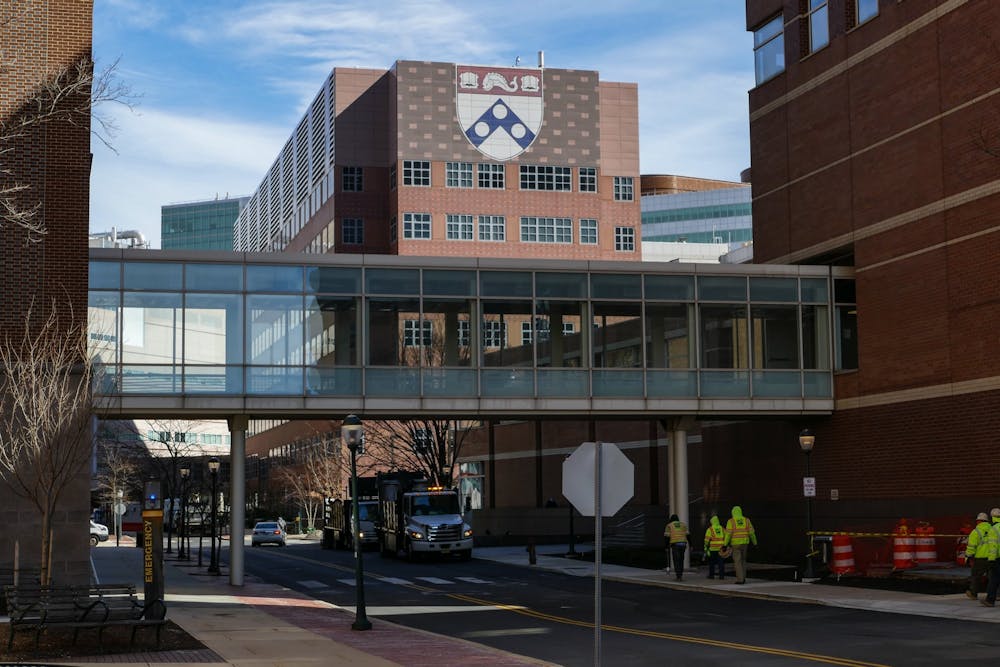The National Institutes of Health has awarded the Abramson Cancer Center at Penn Medicine has been awarded a 5-year $12.3 million grant to study a new form of radiation therapy for cancer patients.
The developing therapy — called FLASH for its speed — administers doses in under a second, while traditional therapies administer doses over several minutes, according to the press release. Researchers hope that this will better protect normal tissues and minimize toxic effects on the body.
The research team consists of over 30 Penn scientists who will collaborate with scientists from Duke University, Oxford University, and the University of Heidelberg.
Early animal studies, including studies conducted at Penn, have shown that faster doses cause less injury to normal tissues and are equally effective against tumors. FLASH radiotherapy can also be delivered in one to three treatments, while conventional radiotherapy typically provides dozens of treatments.
Researchers will compare the ability of proton, carbon, and electron radiotherapy to protect normal tissues from negative effects while controlling or eliminating solid tumors of the gastrointestinal tract, lungs, soft tissues, and bones.
In October, NIH awarded Penn Med a nearly $10 million grant to study the effects of environmental and financial strategies on reducing health disparities in predominantly Black neighborhoods in Philadelphia. In the same month, NIH also awarded Penn Med researchers a $14 million grant to develop a research center focused on reducing disparities in suicide prevention.









